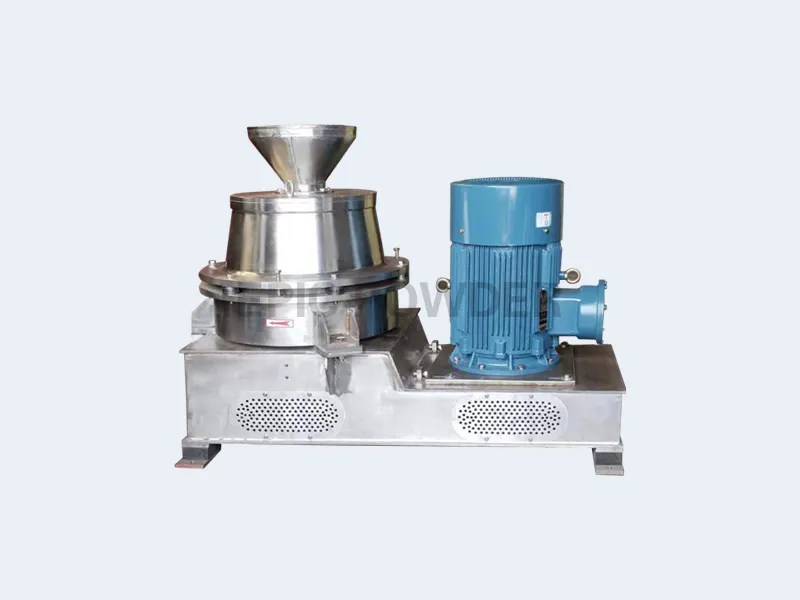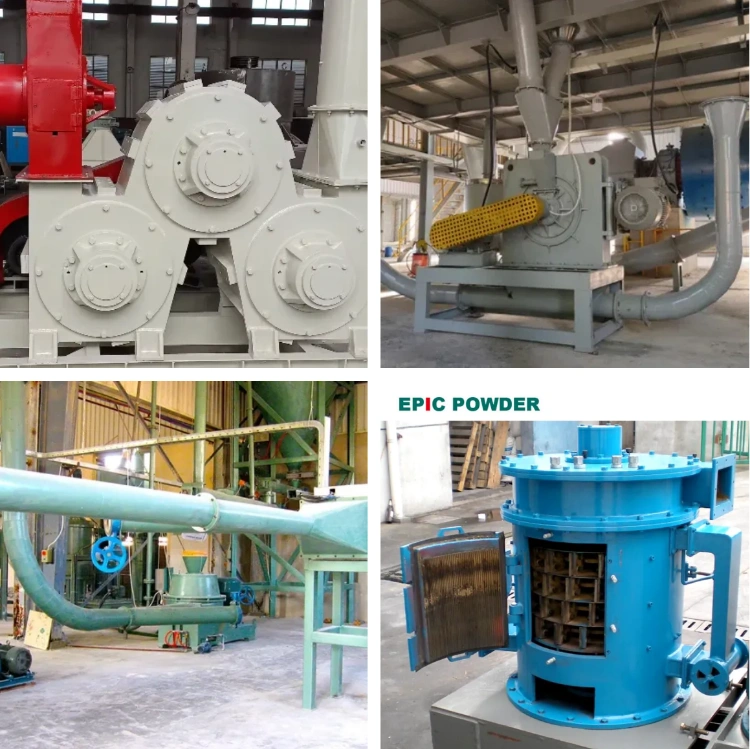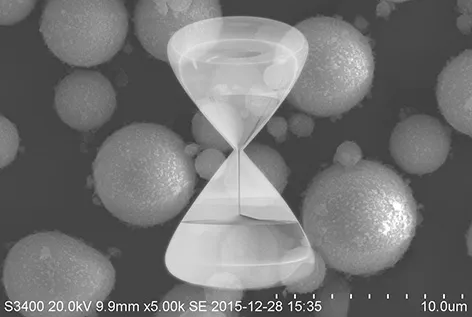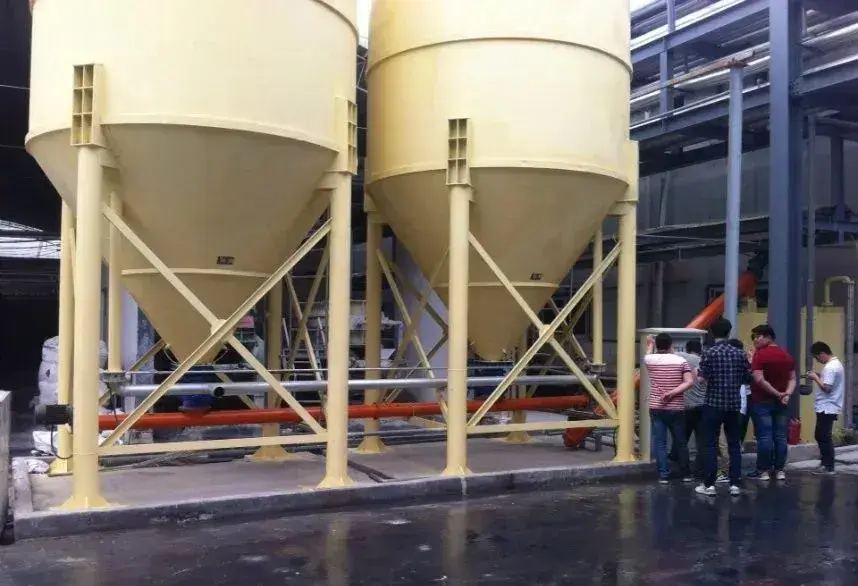Currently, environmental pollution is becoming an increasingly serious issue. Heavy metal pollution in soil has become a global problem. It seriously threatens human health and the balance of ecosystems. In response to this problem, it is necessary to actively seek effective treatment methods. Bentonite, as a natural clay mineral, has demonstrated a unique adsorption capacity. It has shown significant potential in the remediation of heavy metal-contaminated soil. As a result, bentonite has become a key material in the field of environmental protection.

The severe situation of heavy metal pollution in soil
How serious is the current soil heavy metal pollution problem? A large amount of heavy metal pollutants are discharged into the environment every year. These pollutants come from industrial and agricultural production, urban domestic waste discharge, traffic pollution, and sewage irrigation. Relevant data show that about 15,000 tons of mercury, 5 million tons of lead, 15 million tons of manganese, and 3.4 million tons of copper have caused serious soil pollution problems.
How to use bentonite in soil heavy metal pollution remediation

The main chemical components of bentonites include silicon dioxide, aluminum oxide, and water. It also contains elements such as iron, magnesium, calcium, sodium, and potassium. Bentonite has a unique layered structure. The interlayer contains exchangeable cations, such as calcium and sodium ions. This structure gives bentonites strong adsorption and ion exchange capacity. In addition, bentonite has good physical and chemical properties such as water absorption, swelling, adhesion, lubricity, and catalytic activity.
The adsorption capability of bentonite in the remediation of heavy metal-contaminated soil is mainly due to its unique physical and chemical structure. Heavy metal ions such as lead, cadmium, and copper can be replaced by cations between the bentonite layers through ion exchange. This allows them to be firmly adsorbed on bentonite. Additionally, there are numerous physical and chemical adsorption sites on the surface of bentonite. These sites further capture heavy metal ions and form stable compounds.
In practical applications, bentonites can be directly applied to contaminated soil. It is fully mixed with the soil by stirring or tilling. The montmorillonite component in bentonite reacts with heavy metal ions in the soil. This reaction fixes the heavy metals and reduces their bioavailability, thus reducing the absorption and accumulation of heavy metals by plants. Studies have shown that bentonite reacts with heavy metals to produce substances such as Pb(NO3)2 and CdCO3. This can cause the precipitation rate of heavy metals to reach more than 85%. This process not only effectively prevents heavy metals from entering the human body through the food chain, but also reduces the harm of heavy metals to the soil ecosystem.
Modified bentonite can better repair soil heavy metal pollution
To further improve the adsorption performance of bentonites for heavy metal ions, scientists have modified it. The modification methods include acid treatment, organic modification, and thermal activation. Acid treatment increases the porosity of bentonite and its specific surface area. Organic modification inserts organic matter into the interlayer of bentonite, expanding the interlayer spacing and enhancing its adsorption capacity for heavy metal ions. Thermal activation changes the crystal structure of bentonites through high-temperature roasting, which increases its adsorption capacity.

For example, after treating bentonite with 0.5mol/L hydrochloric acid for two hours, its specific surface area can increase from 60m²/g to 120m²/g. This treatment also increases the adsorption of lead ions by more than three times. After organic modification with CTAB, the adsorption efficiency of bentonite for hexavalent chromium increased from 40% to 85%. These modification methods not only improve the adsorption performance of bentonite but also broaden its application range. As a result, it becomes more effective in treating different types of heavy metal-contaminated soils.
Bentonite’s unique physical and chemical structure, along with its strong adsorption capacity, has shown great potential in environmental protection. Through direct application or modification, bentonite can effectively fix heavy metal ions in the soil. This reduces their bioavailability, thereby protecting human health and the ecosystem balance.

